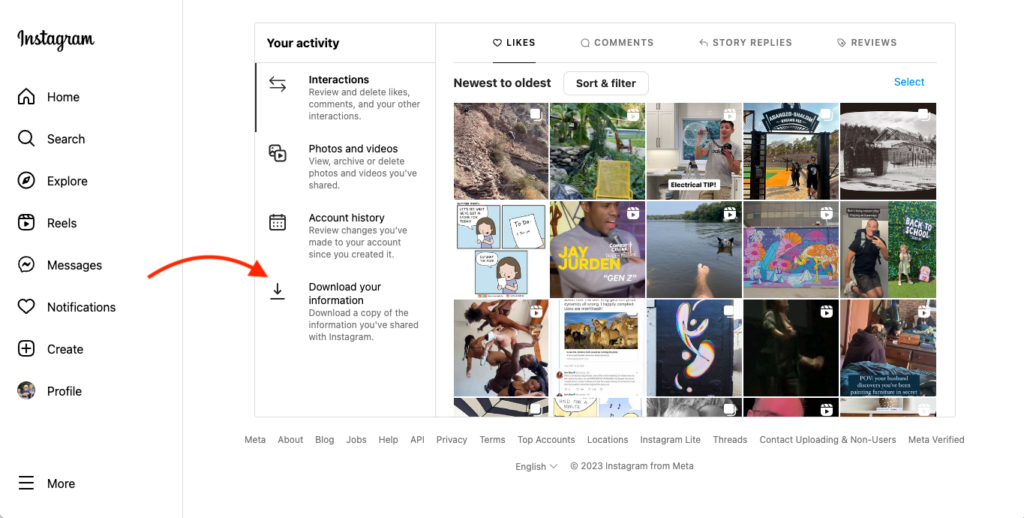Now Reading: The Psychology Behind Craving Followers
-
01
The Psychology Behind Craving Followers
The Psychology Behind Craving Followers

In the age of social media, the number of followers often feels like a measure of self-worth. In Tier 2 cities across India, where digital connectivity is growing rapidly, people are increasingly obsessed with gaining followers, likes, and online attention. This craving is not just about popularity—it reflects deeper psychological needs for validation, belonging, and identity affirmation.
One reason is social validation. Each new follower or like triggers a small dopamine release, providing instant gratification. Over time, this reinforces the behavior, making individuals seek approval through numbers rather than meaningful engagement.
Another factor is comparison. Seeing peers or influencers with large followings can create pressure to grow one’s own audience. This often leads to prioritizing content that attracts attention, sometimes at the expense of authenticity or personal values.
FOMO, or fear of missing out, also plays a role. Being followed and noticed online signals social relevance and inclusion, while low engagement can trigger feelings of inadequacy or exclusion, especially in smaller cities where community perception carries weight.
Ultimately, the desire for followers highlights the tension between digital validation and real-life fulfillment. Awareness and mindful use of social media, focusing on quality connections over quantity, can help individuals reclaim control over self-esteem and maintain a healthier relationship with online attention.

























